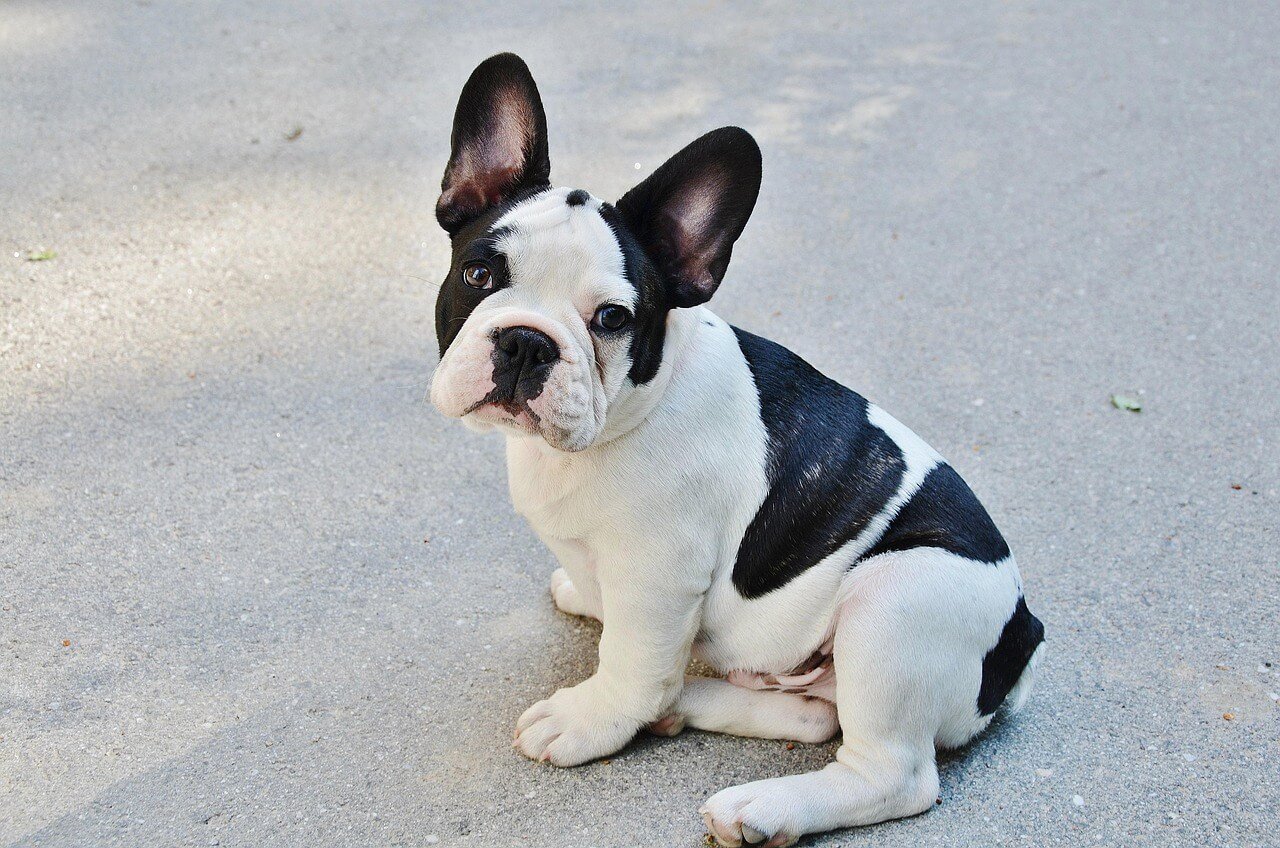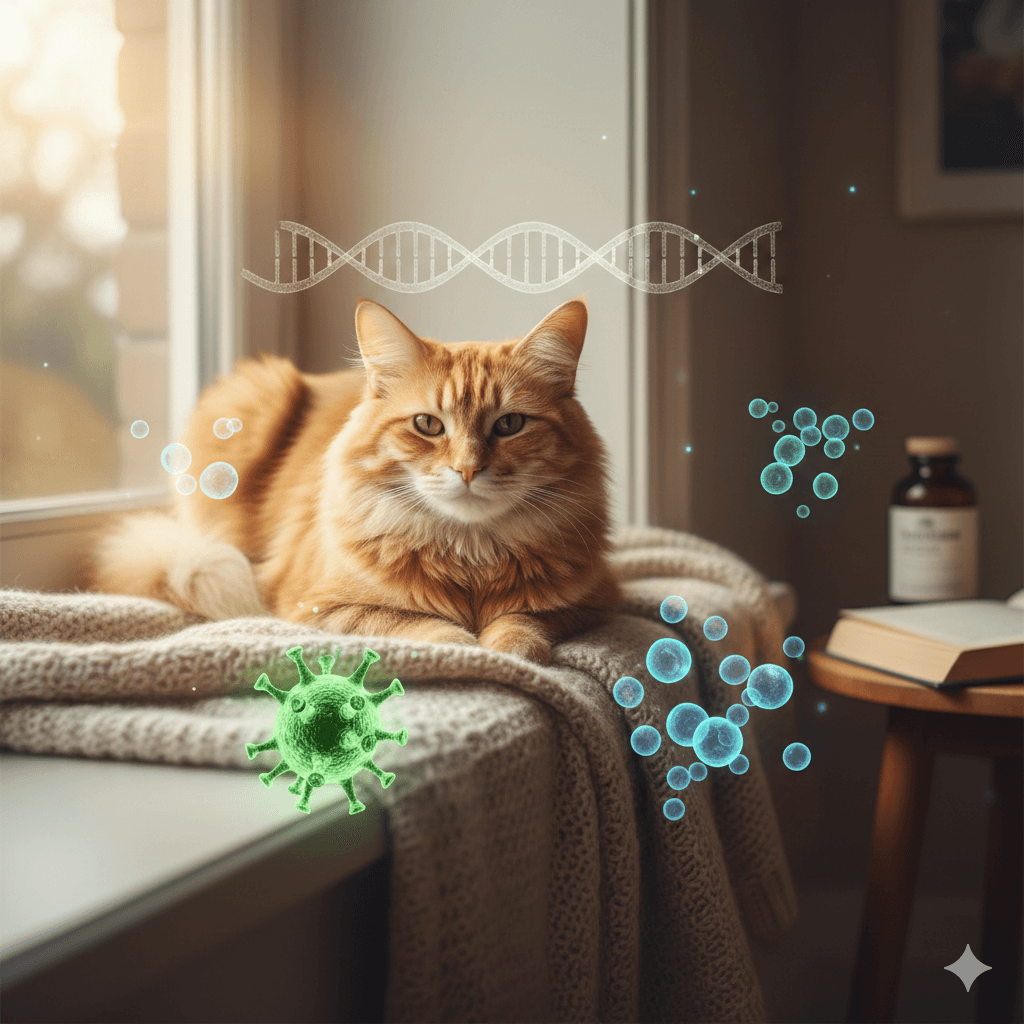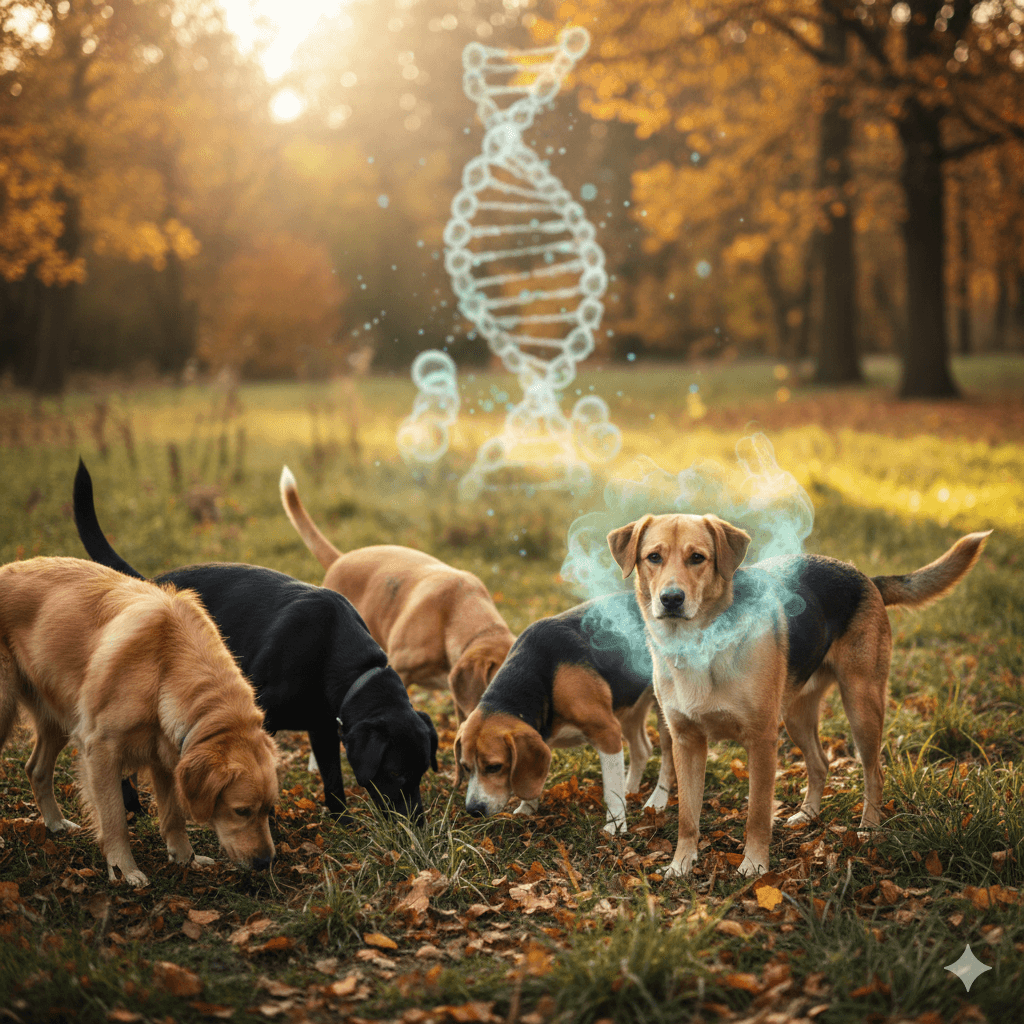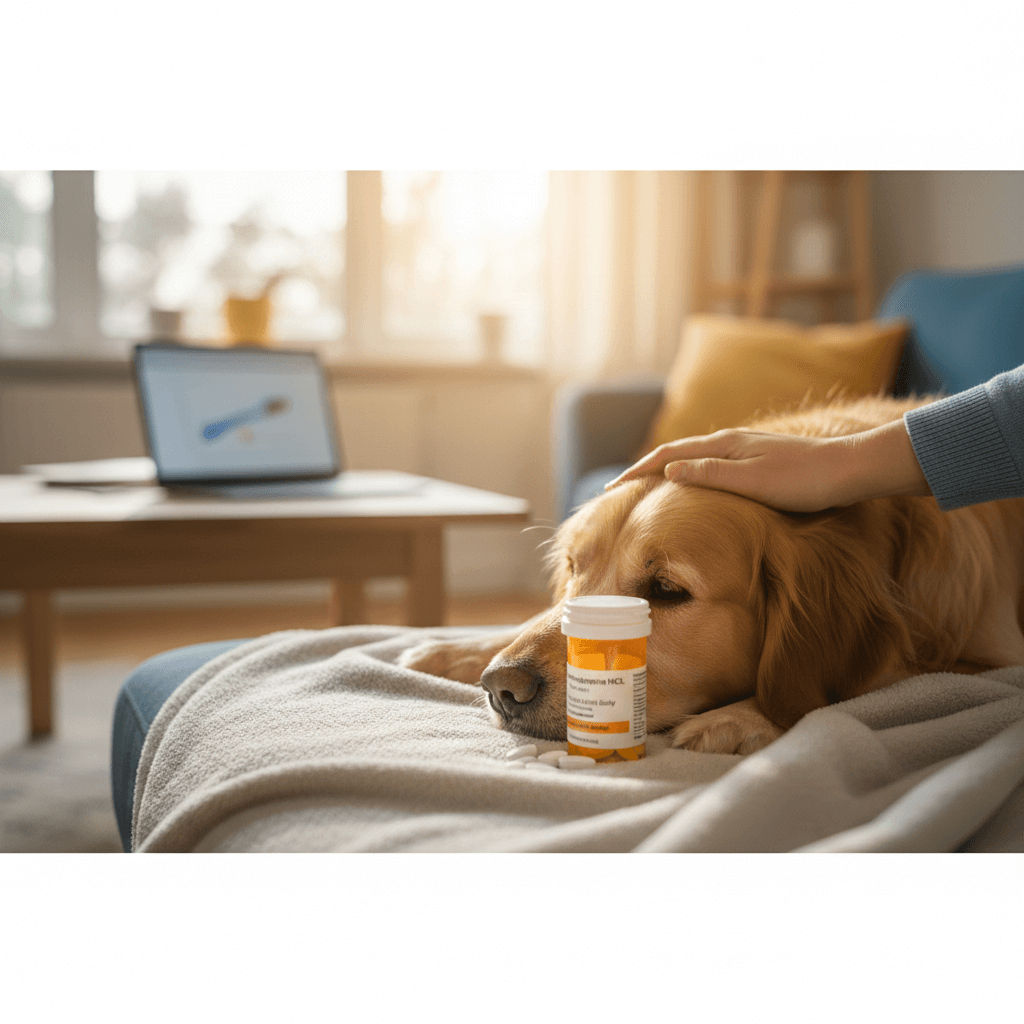Why Does My Dog Lick My Legs? Unraveling the Mystery
Dogs are known for their quirky and endearing behaviors, and one of the most common is licking. Whether it’s your face, hands, or legs, your furry friend seems to have an insatiable desire to express affection—or something else—through this slobbery habit. But why do dogs specifically target our legs? Is it just a sign of love, or could there be deeper reasons behind this behavior? In this blog post, we’ll explore the fascinating world of dog licking, uncovering the possible motivations and what you can do to manage it. So, if you’ve ever wondered why your pup can’t resist your legs, keep reading!
The Reasons Behind Leg Licking: A Closer Look
Dogs communicate through actions, and licking is one of their primary ways of expressing themselves. When it comes to licking legs, there are several potential explanations. Let’s break them down:
Affection and Bonding
Licking is a natural way for dogs to show love and reinforce their bond with their human companions. Your legs might simply be the easiest target for their affectionate gestures.Taste and Smell
Dogs have an incredible sense of smell, and they’re drawn to scents that intrigue them. If you’ve recently applied lotion, sweat during exercise, or come into contact with food, your legs might smell irresistible to your pup.Attention-Seeking Behavior
If your dog has learned that licking gets your attention—whether positive or negative—they may use it as a way to engage with you.Stress or Anxiety Relief
Licking can be a self-soothing behavior for dogs, similar to how humans might bite their nails or fidget when nervous. Your legs might become a target when they’re feeling uneasy.Instinctual Behavior
In the wild, mother dogs lick their puppies to clean and care for them. This instinctual behavior might carry over into adulthood, manifesting as licking toward their human “pack.”
Understanding these reasons can help you better interpret your dog’s actions and respond appropriately. Remember, each dog is unique, so observing their behavior closely is key to figuring out what drives their leg-licking tendencies.
Signs That Leg Licking Might Be a Problem
While occasional leg licking is usually harmless, excessive licking can sometimes indicate underlying issues. Here’s how to tell if your dog’s behavior might need addressing:
Redness or Irritation on Your Skin
If your dog’s constant licking leaves your skin red or irritated, it could be a sign that their behavior is becoming compulsive.Obsessive Licking Patterns
If your dog licks not just your legs but also furniture, walls, or other objects excessively, it might point to anxiety or boredom.Changes in Behavior
Sudden increases in licking could signal discomfort, stress, or even medical issues like allergies or pain.Unusual Timing
If your dog only licks your legs at specific times, such as when you’re eating or resting, it might be linked to hunger or attention-seeking habits.Lack of Response to Redirection
If your dog ignores commands or redirection when licking, it could indicate a deeper behavioral issue that requires professional guidance.
If you notice any of these signs, it’s worth consulting your veterinarian or a canine behaviorist to rule out health problems or address behavioral concerns. After all, a happy dog means a happy household!
Check this guide 👉Why Does My Dog Lick His Lips When I Pet Him? Best 7 Tips!
Check this guide 👉Why Do Dogs Lick Their Butts? Best 7 Behavior Tips!
Check this guide 👉Why Is My Dog Licking the Air? Best 7 Behavior Tips!
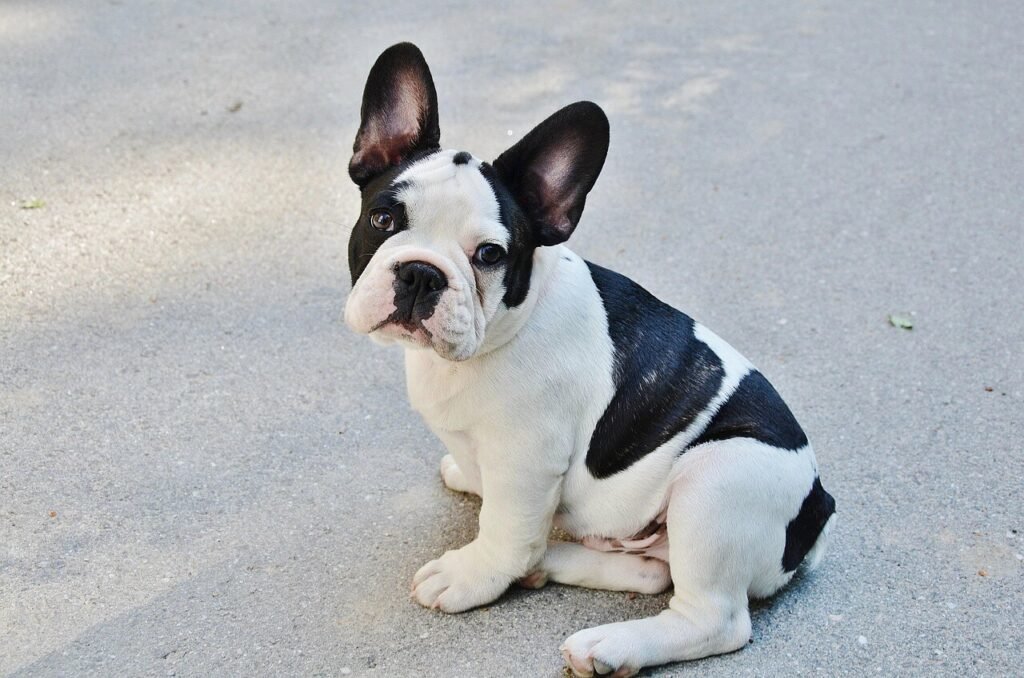
Reasons for Leg Licking | Possible Solutions |
|---|---|
Affection and bonding | Redirect with toys or praise |
Taste/smell attraction | Wash legs regularly after workouts |
Attention-seeking behavior | Ignore licking and reward calm behavior |
Stress or anxiety | Provide mental stimulation and comfort |
Instinctual habits | Train alternative behaviors |
How to Redirect Excessive Leg Licking
If your dog’s leg licking has become overwhelming, don’t worry—there are plenty of strategies to redirect their behavior. Here are some effective approaches:
Provide Mental Stimulation
Boredom is a common cause of excessive licking. Puzzle toys, interactive games, and training sessions can keep your dog mentally engaged.Establish Boundaries
Teach your dog commands like “stop” or “leave it” to set clear boundaries around acceptable behaviors.Use Positive Reinforcement
Reward your dog with treats or praise when they refrain from licking, reinforcing good behavior over time.Create a Routine
Dogs thrive on consistency. Establishing a daily routine can reduce anxiety and minimize unwanted behaviors like licking.Offer Chew Alternatives
Provide safe chew toys or bones to satisfy your dog’s natural urge to lick and chew.
With patience and persistence, these techniques can help curb excessive leg licking while strengthening your bond with your furry companion.
Preventing Future Leg Licking Episodes
Prevention is always better than cure, and taking proactive steps can minimize the chances of future leg licking episodes. Consider these tips:
Regular Exercise
Physical activity helps burn off excess energy, reducing the likelihood of attention-seeking behaviors like licking.Balanced Diet
Ensure your dog’s nutritional needs are met to prevent deficiencies that might lead to unusual cravings or behaviors.Grooming and Hygiene
Keep your legs clean and free of strong-smelling substances that might attract your dog’s interest.Training Sessions
Invest time in obedience training to build trust and improve communication between you and your pet.Monitor Health Regularly
Schedule routine vet check-ups to catch any potential health issues early, which could otherwise manifest as behavioral changes.
By incorporating these practices into your daily life, you can create a harmonious environment where both you and your dog feel comfortable and content.
Understanding Your Dog’s Emotional State Through Licking
Licking can often serve as a window into your dog’s emotional world. Observing when and how they lick can provide valuable insights into their mood and overall well-being. Here are some emotional states that might be linked to leg licking:
Excitement
Dogs may lick your legs when they’re overly excited, such as during greetings or playtime.Nervousness
If your dog feels uneasy in certain situations, they might resort to licking as a coping mechanism.Loneliness
Licking can be a way for dogs to seek comfort when they feel isolated or crave companionship.Curiosity
Sometimes, dogs simply want to explore their environment, and licking is one way they gather information.Contentment
A relaxed dog might lick your legs as a sign of pure happiness and relaxation.
By paying attention to these emotional cues, you can better understand your dog’s needs and respond with appropriate care and affection.
Health Benefits of Managing Excessive Licking
While occasional licking is normal, managing excessive licking can have significant health benefits for both you and your dog. Addressing the root cause ensures a healthier and more harmonious relationship. Here’s what you stand to gain:
Improved Skin Health
Reducing licking prevents irritation or infections caused by constant saliva exposure.Better Dental Hygiene
Redirecting licking behaviors can encourage your dog to focus on chewing toys, which help clean their teeth.Strengthened Immune System
Minimizing stress-related licking supports your dog’s overall immune function.Enhanced Bonding
Training and redirecting licking fosters trust and communication between you and your pet.Increased Comfort
Both you and your dog will enjoy a more peaceful and comfortable living environment.
Taking steps to manage licking not only improves physical health but also strengthens the emotional bond you share with your dog.
Fun Ways to Redirect Licking Behavior
Redirecting your dog’s licking behavior doesn’t have to feel like a chore—it can actually be a fun and rewarding experience! Here are some creative ideas to try:
Interactive Toys
Puzzle feeders or treat-dispensing toys keep your dog engaged and distracted from licking.Training Games
Teach tricks like “high five” or “spin” to channel their energy into positive actions.Flavored Chews
Offer long-lasting chews infused with flavors your dog loves to satisfy their urge to lick.Scent Work Activities
Hide treats around the house or yard to encourage your dog to use their nose instead of their tongue.Water Play
Introduce water-based activities like splash pools or sprinklers to provide a refreshing distraction.
Incorporating these fun activities into your routine not only redirects licking but also enriches your dog’s life with new experiences and challenges.
Frequently Asked Questions About Dog Licking
Is it normal for my dog to lick my legs every day?
Yes, occasional licking is normal and often a sign of affection. However, excessive licking might indicate an underlying issue.
Can leg licking be a sign of illness?
In some cases, yes. If the licking is sudden or accompanied by other symptoms, consult your vet to rule out medical conditions.
How can I stop my dog from licking my legs?
Use redirection techniques, provide alternatives like toys, and establish clear boundaries through training.
Does my dog lick me because they like the taste?
Possibly! Dogs are attracted to certain smells and tastes, such as sweat or lotions.
Should I punish my dog for licking?
No, punishment can increase anxiety. Instead, focus on positive reinforcement and redirection.
Embracing Your Dog’s Unique Personality
Leg licking is just one of the many ways dogs express themselves, and understanding the reasons behind it can deepen your connection with your furry friend. While it’s often a harmless and affectionate gesture, being mindful of excessive licking ensures both you and your dog stay happy and healthy. By addressing any underlying causes and implementing preventive measures, you can enjoy a balanced relationship filled with love—and maybe a little less slobber. After all, isn’t that what having a dog is all about?
How Cats Develop Lymphoma: Best 7 Expert Tips! – Learn about causes, symptoms, and prevention to protect your cat from this common cancer.
How Dogs Develop Lymphoma: Best 7 Expert Tips! – Learn causes, symptoms, and prevention strategies to protect your dog from this common cancer.
Diphenhydramine Safe for Dogs? Best 7 Expert Tips! – Learn proper dosing, uses, and precautions to keep your dog safe while using Benadryl.
Is Milk in Cat Food Safe? Best 7 Expert Tips! – Discover the truth about milk in cat food, its risks, and how to keep your feline healthy and happy.

